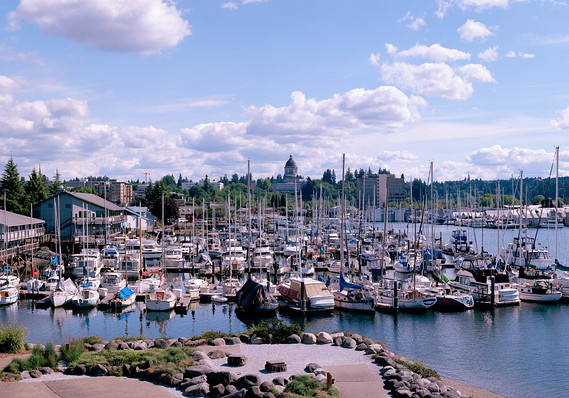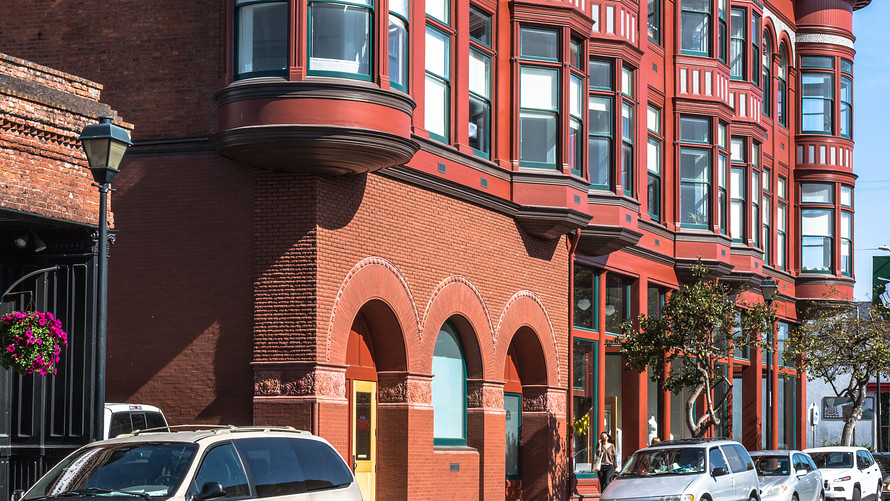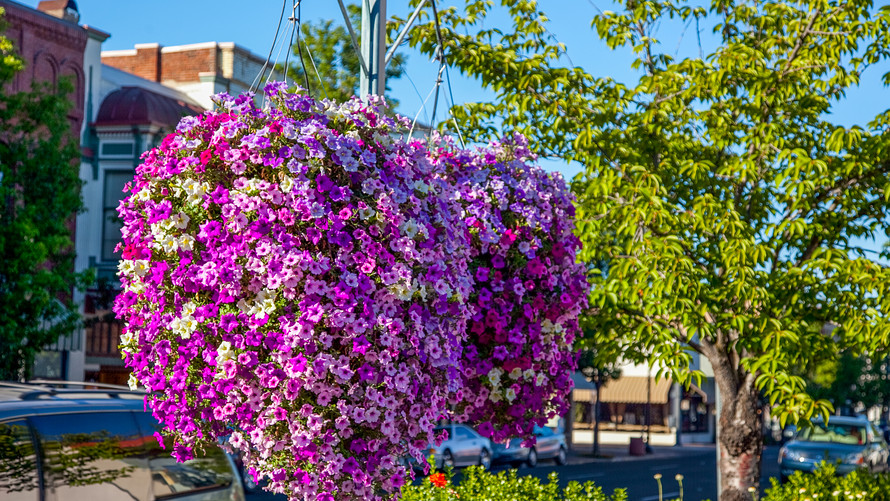Dear Catey,
I’m quickly closing in on 60 and will retire at the end of this year. I can spend about $2,500 a month in retirement. I’m single, and my family lives on the West Coast. I prefer a cooler climate, proximity to an ocean and enjoy a community that supports the arts. I’m not opposed to snowbirding to avoid extreme summer temperatures. I currently live in Alaska, and “south” has an undeniable appeal.
M.D.
Dear M.D.,
I’m not going to lie: Finding a compelling spot to live on the West Coast — so you can be near your family and the ocean — might be a little tough to do with a budget of $2,500 a month. But I think I’m up for the challenge. In other words: This winter could be decidedly less chilly for you!
I’ve got a handful of places that are artsy, relatively affordable (at least for the West Coast) and within a few hours’ drive of the Pacific Ocean. Since you’re single, you might be able to squeeze by on $2,500 a month in these spots, especially if you don’t have much in the way of health care or other expenses, but I will say that you’ll need to keep a pretty tight leash on your spending to do so.
But before I dive in, I think it’s important for all readers to note that if you want to spend part of the year in a location like Alaska or Florida, both no-income-tax states, check the rules on how long you must stay in the state per year to maintain the tax advantage. (M.D., this article on Alaska snowbirds might be of interest to you.)
That said, whether you decide to spend part of your time in Alaska or not, here are some spots you might want to consider.
Olympia, Wash.
 iStock
iStock Like Alaska, Washington has no state income tax — and its state capital, Olympia, has plenty of other perks you might like, too, including arts offerings. “The Olympia Film Society showcases independent and classic films at the historic Capitol Theater, a city landmark. Art collectors won’t want to miss the semiannual Arts Walk, featuring paintings, sculptures, photography and more,” Kiplinger writes of Olympia, which it calls “a smart place to retire.” And should you want more in the way of arts, you can drive about an hour and be in Seattle.
If you’re craving the beach, head to the 40-acre Kenneydell Park, which offers 1,000 feet of freshwater beach, plenty of trails to hike and a swimming area on Black Lake. Olympia also boasts a wine trail, a coffee trail and a university that welcomes older students.
It’s certainly not dirt-cheap to live in Olympia (the cost of living is 13% above the national average, according to Sperling’s Best Places — most of that due to housing (the average one-bedroom costs about $930 a month to rent, for example). But the absence of a state income tax could give you a boost should you decide to work a part-time gig to supplement your $2,500 a month, and will help you keep more of the money you withdraw from any retirement accounts.
Eureka, Calif.
 iStock
iStock It’s tough to do California on a budget if you want to be on the ocean, but Eureka fits the bill. It’s got a cost of living that’s only about 5% above the national average, according to Sperling’s Best Places, and the average one-bedroom rents for less than $800 a month.
“This sleepy seaport town at the northern end of the state is crowded with artists and dotted with quaint Victorian homes,” I wrote back in 2012 when I recommended it for active retirees. And though it’s small (fewer than 30,000 people), there are interesting arts offerings, including monthly art walks, art galleries, food and music festivals, and more.
Temperatures in Eureka are relatively mild (it’s typically in the 50s and 60s) and there are myriad redwood trees, as those who hike and bike will surely discover. That said, there are some downsides to living here, including high property-crime rates and more than an average number of rainy days.
Medford, Ore.
 iStock
iStock This isn’t the first time I’ve recommended Medford to a retiree — when 66-year-old Bill from San Diego got sick of California’s costs, I suggested he go here, too — and there’s a good reason for that. Medford is pretty affordable (with a cost of living about 9% above the national average) and has decent weather with mild temperatures and less rain than in other parts of Oregon.
Ashland is just 20 minutes by car from Medford and is known as an arts community (it’s home to the renowned Oregon Shakespeare Festival), but Medford, too, has its fair share of artsy stuff to do, including theater, art galleries and a dance-oriented arts center. Sperling’s Best Places even calls it “a cultural and residential crossroads between California and the Pacific Northwest.”
Also, there are “more than two dozen parks in Medford, and southern Oregon offers gorgeous hiking options,” and Medford is an emerging wine region with a growing artisan food scene. One possible drawback is a relative lack of diversity in the area.










Add Comment